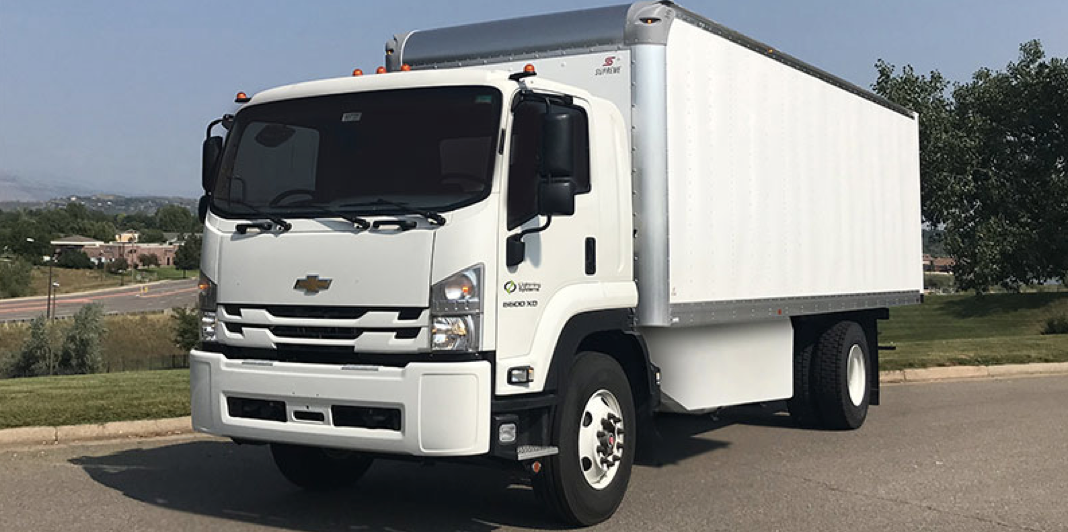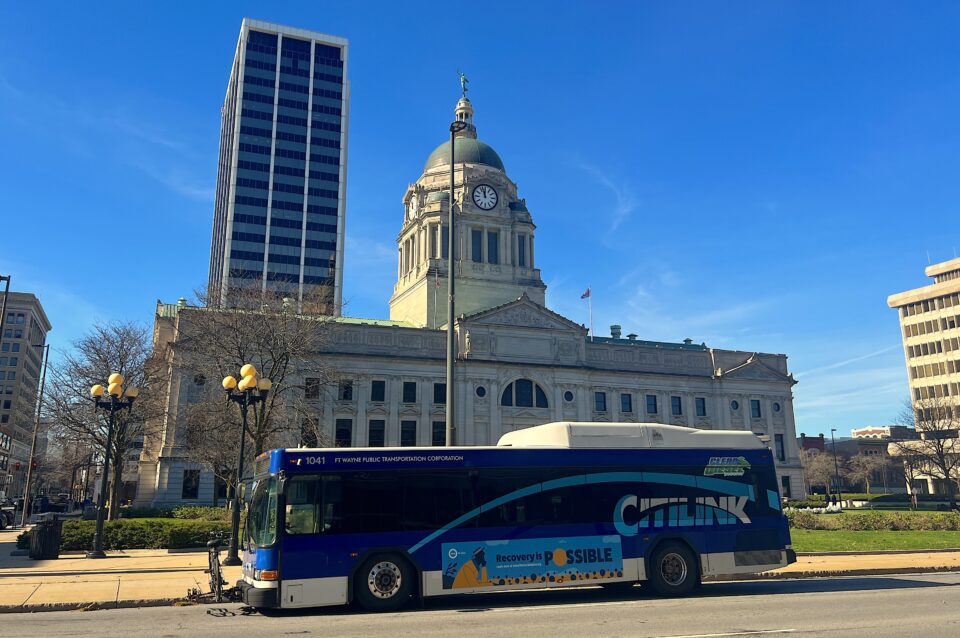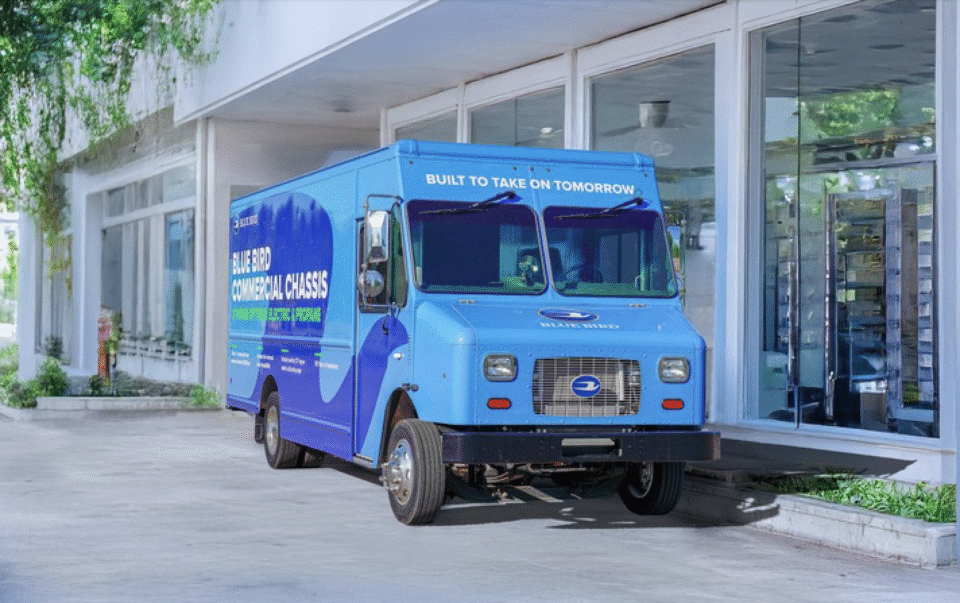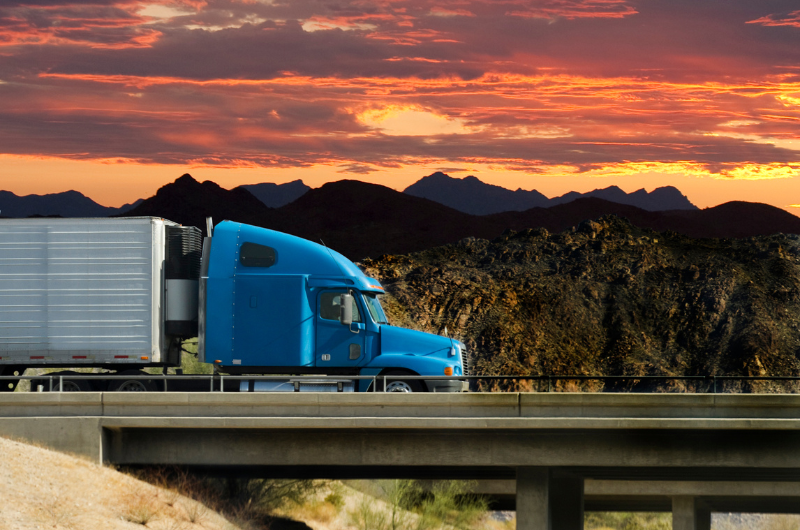Ask These 5 Questions When Considering Electrifying Your Heavy-Duty Truck
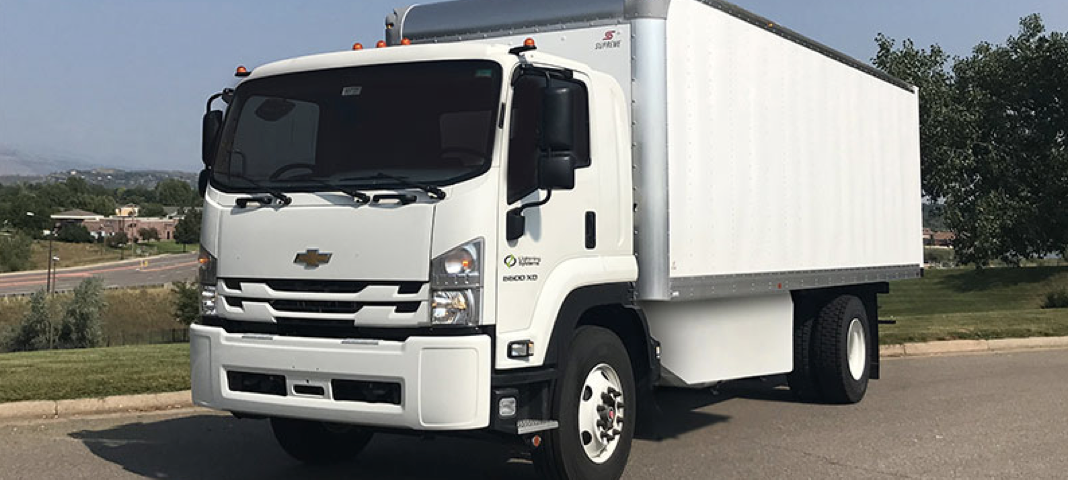
Fleet managers focusing on decarbonization strategies must consider various factors, especially truck refueling options. Pilot, a large truck stop network, offers alternatives such as compressed natural gas, hydrogen fuel, biodiesel, and electric charging stations through partnerships with companies like Volvo Group. Fleet managers recognize that a mix of fuel alternatives is essential, tailored to vehicle duty cycles and routes. Considerations for successful fleet decarbonization include optimizing existing networks for efficiency, deploying alternative fuels only after improving efficiency, assessing the distance vehicles need to travel (with hydrogen fuel cells as an option for longer distances), allowing room for experimentation and learning from failures, and evaluating the total cost of ownership, focusing on trade-offs between benefits and costs.‘”You need to make sure the vehicle is appropriate for the duty cycle and route,” said Kort-Packard (chief engineer of global vehicles at FedEx Express). “The longer the route, the more challenging it will be … It makes sense to prioritize locations.” That means ensuring logistics routes are equipped with the appropriate fueling options. As an example, FedEx Express (which tested its first electric vehicle back in 1994) is prioritizing the electrification of its short-distance options in collaboration with vendors such as the General Motors’ BrightDrop division. Elsewhere, FedEx Express is considering hydrogen technologies as a means of extending vehicle ranges, Kort-Packard said.’Learn more
